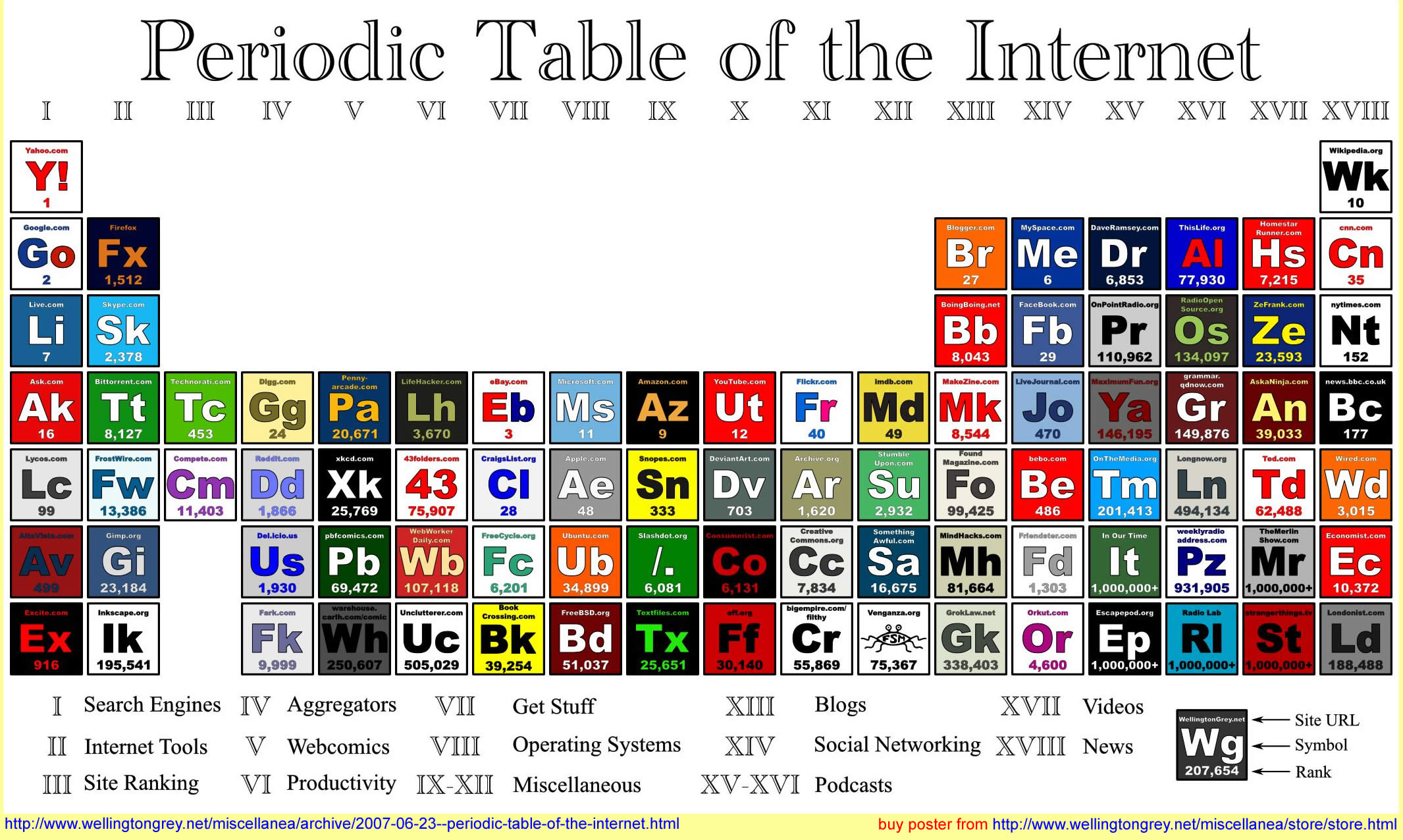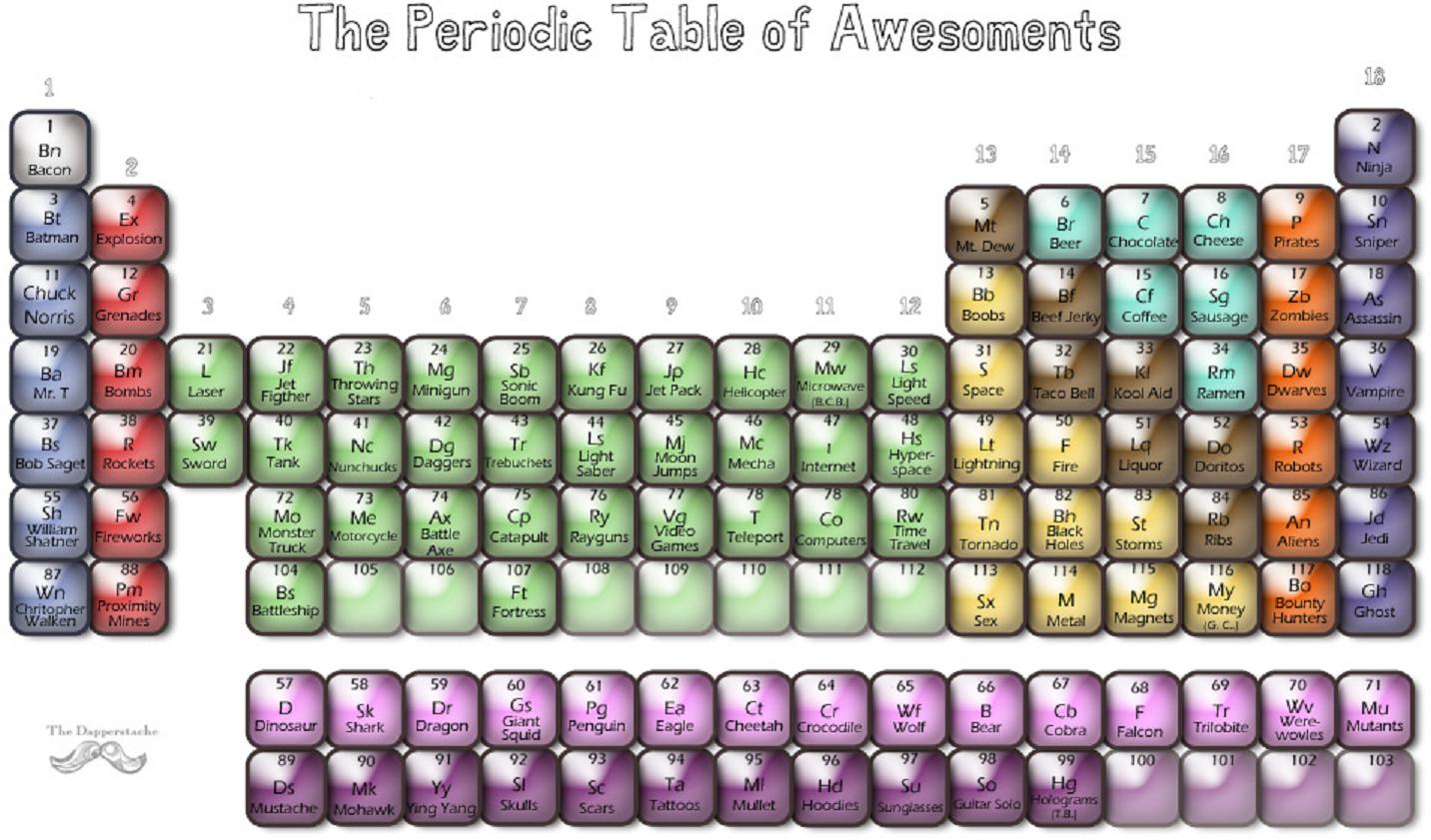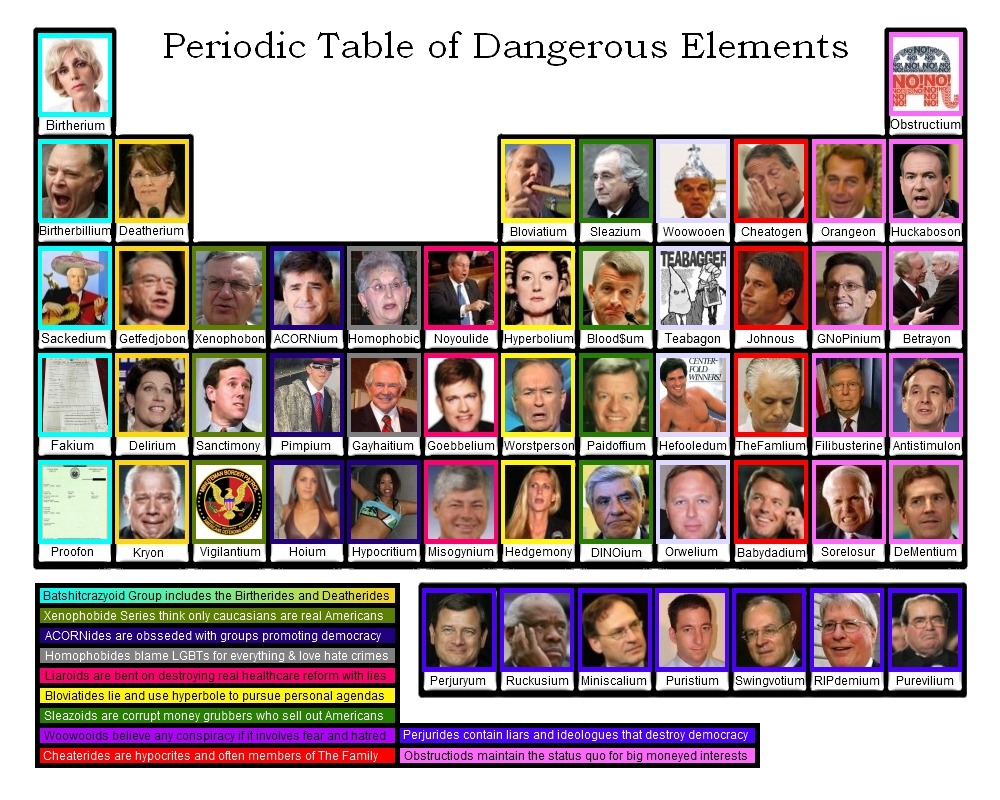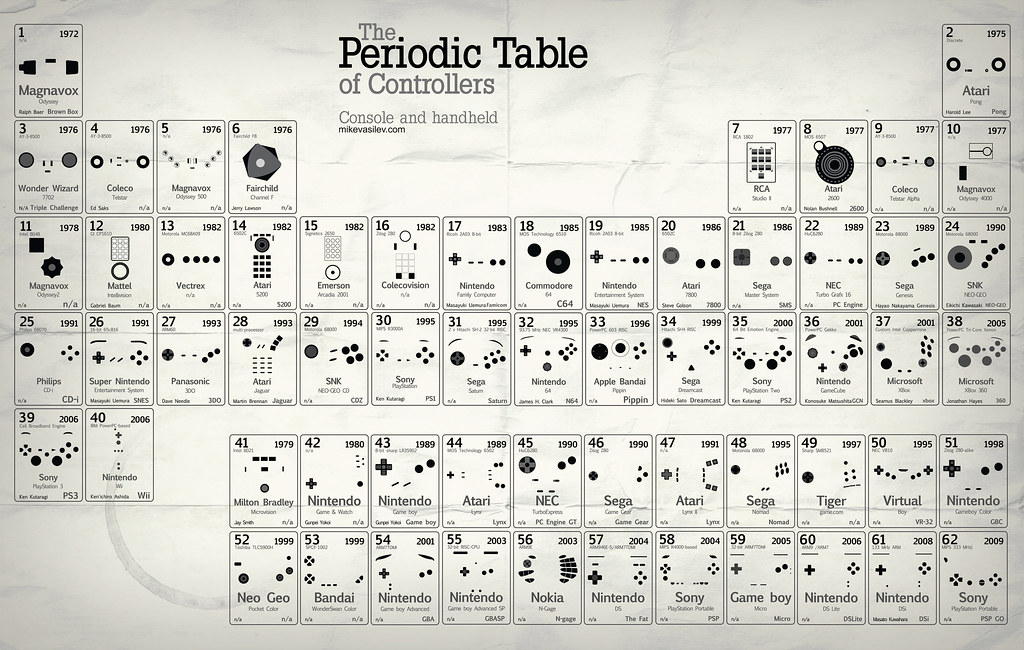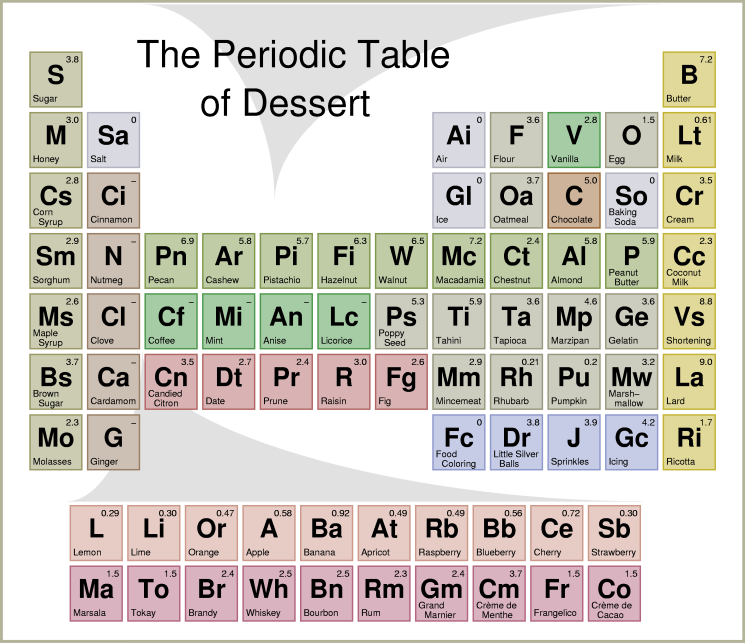













A Blog That Covers And Collects News Reports And Information On Artificial Intelligence, Robots, And Super Computers.


 Clues to one of the most devastating plane crashes in Guatemalan history have been safely preserved by Banana, the in-flight recording parrot.
Clues to one of the most devastating plane crashes in Guatemalan history have been safely preserved by Banana, the in-flight recording parrot. The recent publication of over 91,000 classified documents concerning questionable military activities taking place in Afghanistan over the past few years has created a national debate.
The recent publication of over 91,000 classified documents concerning questionable military activities taking place in Afghanistan over the past few years has created a national debate. On 27 January 98 A.C.E., Marcus Ulpius Traianus (commonly known as 'Trajan', b. 53, d. 117) succeeded to the throne of the Roman Empire. His predecessor, Nerva (30-98 A.C.E), who had only reigned for a little more than a year, managed to leave behind a legacy benefiting most citizens.
On 27 January 98 A.C.E., Marcus Ulpius Traianus (commonly known as 'Trajan', b. 53, d. 117) succeeded to the throne of the Roman Empire. His predecessor, Nerva (30-98 A.C.E), who had only reigned for a little more than a year, managed to leave behind a legacy benefiting most citizens. The ancient Greek philosopher Protagoras is famous among other things for arguing that "man is the measure of all things." According to Plato's interpretation, this is the philosophical birth of relativism, the idea that there is no universally objective and mind-independent truth: everything depends on one's point of view.
The ancient Greek philosopher Protagoras is famous among other things for arguing that "man is the measure of all things." According to Plato's interpretation, this is the philosophical birth of relativism, the idea that there is no universally objective and mind-independent truth: everything depends on one's point of view. The recent financial crisis has affected just about everyone, and the question of why it arose in the first place is one that comes naturally to mind. Answers, of course, abound, and most of them do have some merit, but there is something which most schools of thought tacitly agree on and presuppose: capitalism is an engine for progress, economic and social.
The recent financial crisis has affected just about everyone, and the question of why it arose in the first place is one that comes naturally to mind. Answers, of course, abound, and most of them do have some merit, but there is something which most schools of thought tacitly agree on and presuppose: capitalism is an engine for progress, economic and social. For centuries after his death, schoolchildren in Europe learned the contours of Roman statesmanship, politics and thought by reciting passages from one of his many writings. Today, Marcus Tullius Cicero (106-43 B.C.E.), simply referred to as 'Cicero', no longer figures into civic education.
For centuries after his death, schoolchildren in Europe learned the contours of Roman statesmanship, politics and thought by reciting passages from one of his many writings. Today, Marcus Tullius Cicero (106-43 B.C.E.), simply referred to as 'Cicero', no longer figures into civic education. After discovering Cheesium, and while the Large Hadron Collider continues to seach for the Higgs Boson, scientists at M.I.T. have managed to split what was hitherto thought to be the smallest unit of matter: the smithereen :)
After discovering Cheesium, and while the Large Hadron Collider continues to seach for the Higgs Boson, scientists at M.I.T. have managed to split what was hitherto thought to be the smallest unit of matter: the smithereen :)
Negotiating the sale of our house was a long, nauseating ride, and not fun at all. Well, it was a little bit fun at first when we put the house on the market and got it clean and were all excited. And then getting the offer was great. It all went downhill after that, though, through a series of loops and drops that made us almost physically ill.
I was exceedingly glad to get off that roller coaster when we finally closed on our new home. There was a bit of stress around the move. And we've been busy with projects around the house ever since. But compared to the drama of buying and selling, my overall feeling has been one of incredible calm.
Has it really only been two months? In that short amount of time we've done much to make the house our home. And I haven't missed living in the city for even a second. That's a ride I don't want to get on again for a very long time.
 Even after his premature death a couple of years ago, Alex is arguably the most famous parrot in the world. The insights he provided into the nature of intelligence, cognition, language development, conceptual abstraction and other fields have revolutionized the ways in which we think about these ideas in particular and animals in general.
Even after his premature death a couple of years ago, Alex is arguably the most famous parrot in the world. The insights he provided into the nature of intelligence, cognition, language development, conceptual abstraction and other fields have revolutionized the ways in which we think about these ideas in particular and animals in general.



My dad taught me chess at a young age. I haven't played a full game for many years, but I recently brought a board to work to set up endgame problems on my desk. I like to puzzle through them when I need a break, and a few of my coworkers have taken a crack at the solutions too.

 After exploring the birth of the scientific revolution in England, today's episode explores five more men whose curiosity not only led to fascinating new discoveries like their predecessors, but would actually change the world.
After exploring the birth of the scientific revolution in England, today's episode explores five more men whose curiosity not only led to fascinating new discoveries like their predecessors, but would actually change the world. David Attenborough celebrates Joseph Banks, the naturalist who would sail across the globe in search of new animal and plant species, and would eventually establish the Botanical Gardens at Kew. Meanwhile, James Dyson recounts the story of how James Watt's design for the steam engine would fuel the industrial revolution. Thanks to the two, Britain would become the wealthiest nation in the world.
David Attenborough celebrates Joseph Banks, the naturalist who would sail across the globe in search of new animal and plant species, and would eventually establish the Botanical Gardens at Kew. Meanwhile, James Dyson recounts the story of how James Watt's design for the steam engine would fuel the industrial revolution. Thanks to the two, Britain would become the wealthiest nation in the world.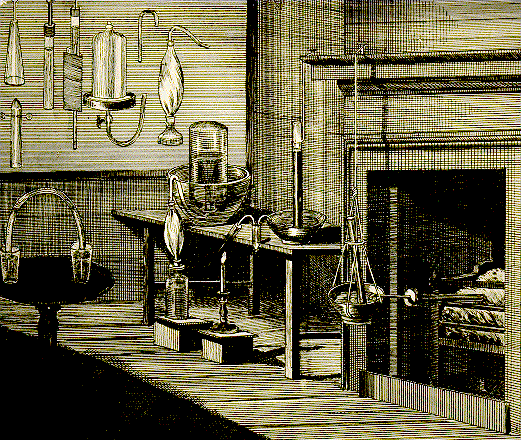 Stephen Hawking and Jim Al-Khalili tell the story of Henry Cavendish's discovery of hydrogen and Joseph Priestley's discovery of oxygen, and how their mutual collaboration revealed water to be a compound and not a basic element, as had been justifiably believed, though mistakenly, for millennia.
Stephen Hawking and Jim Al-Khalili tell the story of Henry Cavendish's discovery of hydrogen and Joseph Priestley's discovery of oxygen, and how their mutual collaboration revealed water to be a compound and not a basic element, as had been justifiably believed, though mistakenly, for millennia. Blaise Pascal was a true genius, and much of what he wrote in his famous Pensées has become greatly influential in modern philosophy, especially as it relates to questions of existentialism, phenomenology and human psychology. Here is a nice and short discussion of Pascal's philosophical insights, from Philosophy Bites:
Blaise Pascal was a true genius, and much of what he wrote in his famous Pensées has become greatly influential in modern philosophy, especially as it relates to questions of existentialism, phenomenology and human psychology. Here is a nice and short discussion of Pascal's philosophical insights, from Philosophy Bites:








